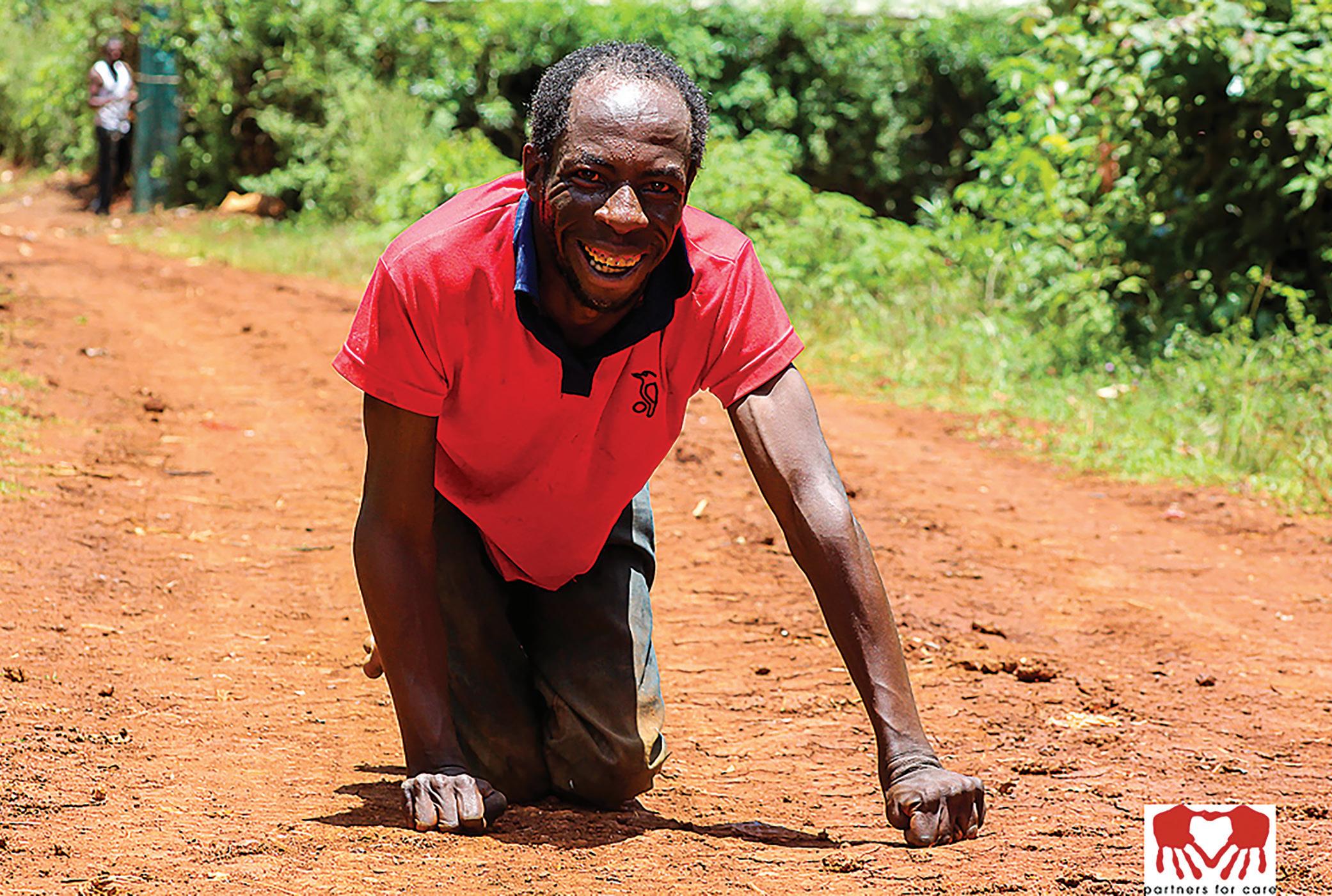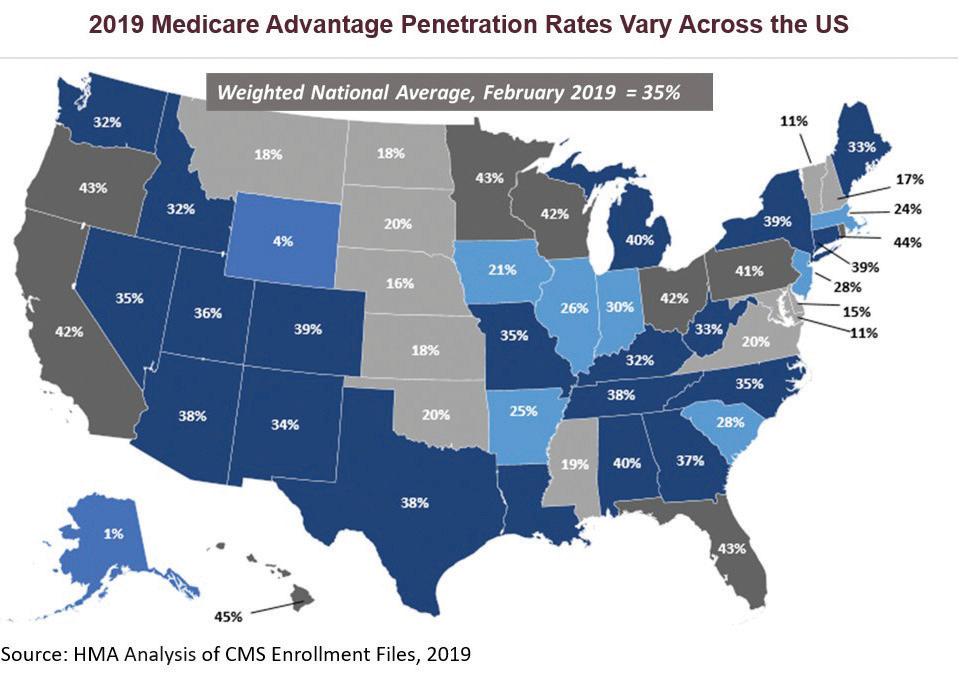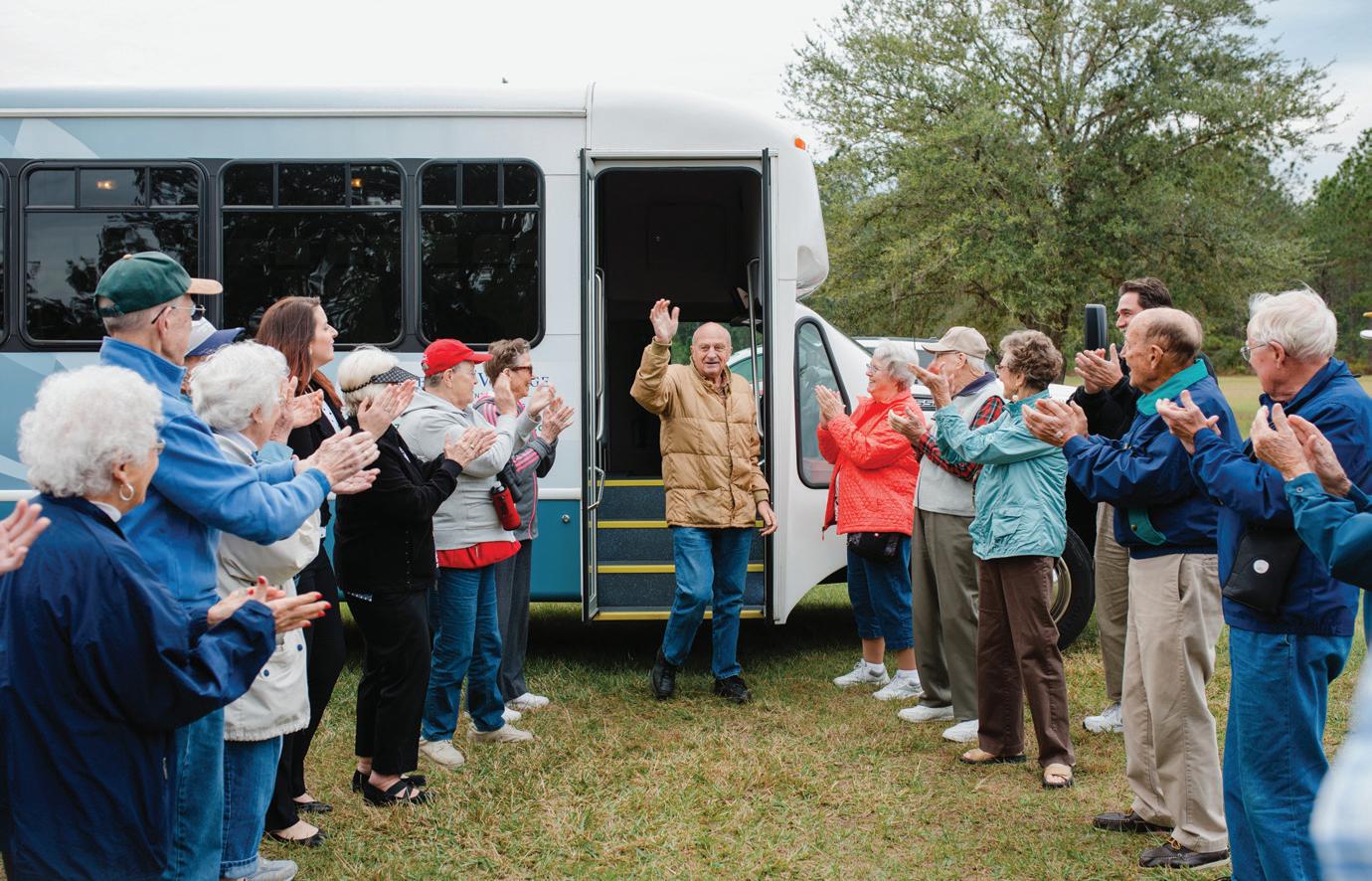Taking Necessary Steps to Create a Better Senior Living Environment By Steve Bahmer President & CEO, LeadingAge Florida
S
hort-term priorities. Long-term blueprints. These two approaches informed LeadingAge Florida’s advocacy planning throughout the summer and fall in preparation for the 2020 Legislative Session. And the result is an agenda that spans multiple years with a focus on solving immediate problems while designing a longer-term plan to strengthen the entire continuum of care for older adults. Our efforts were uniquely aided this year through our participation as a founding member of the Coalition for Silver Solutions, where we, the AARP, the Florida Health Care Association, and the SEIU identified shared shortterm issues and solutions. Those solutions represent key elements of LeadingAge Florida’s 2020 legislative agenda. At the same time, the Coalition has set its sights on 2021 and beyond, and will begin the work after the current session of putting together a blueprint for the future of services and supports for older adults in Florida. This year, LeadingAge Florida and our Coalition partners are working to secure a 2.4 percent recurring inflationary increase to the base nursing home Medicaid budget. Florida nursing homes haven’t had an inflationary rate increase in five years, even as the costs of providing care have continued to soar. In total, this agenda item would add $115 million for nursing homes in the FY2021 budget. Because funding drives staffing, and staffing drives quality, the only way for this new funding to reliably drive quality improvement is for it to be recurring – predictable funding that providers can rely on year over year.
There are never any guarantees in the legislative process, but we are seeking recurring funding so nursing homes can invest in the people and processes that deliver the highquality results legislators rightly expect. Driving this agenda item for us will be our Director of Nursing Home Public Policy, Tyler Sununu, whose expertise in nursing home operations and regulatory issues will be critical in securing this funding increase. Meanwhile, we’ll also be asking legislators to review the Prospective Payment System formula with an eye toward increasing the total dollars allocated to the Direct Care and Quality components. The Coalition is also working on a number of ways to streamline the Medicaid-funded Home and Community Based Services programs. During our evaluation of short-term opportunities, it became clear that much can be done to reduce redundancy, save money, and reduce the waiting lists of people who are awaiting necessary services. As we look toward a longer-term plan, the Coalition will continue to work on nursing home funding and HCBS issues, but we’ll also begin to address large, systemic issues such as the workforce crisis and the critical lack of affordable housing for low-income seniors. Regarding affordable senior housing, LeadingAge Florida continues its partnership and participation in 2020 with the Florida Housing Coalition. As part of that effort, we will once again be supporting efforts to protect the dollars in the Sadowski Trust Fund and to require accountability when those dollars are spent on anything other than affordable housing. That’s just one of our short-term housing priorities.
But this year, we’re pushing further and taking a longer-term view with housing as well. We now have data that demonstrates that investments in affordable housing with services not only provide the best solution for seniors, but also ultimately save money in Medicare and Medicaid. The results are clear, and they provide a strong foundation for seeking additional state investments in the construction and preservation of affordable senior housing. By now, the results of surveys are well known: Seniors prefer to age in place, which is to say, in their own homes. And for many, that would remain an option, so long as they have access to the supportive services they need to continue living independently. LeadingAge Florida is evaluating a pilot program that would provide wellness nurses and service coordinators in affordable housing communities to help ensure seniors are getting the preventive care they need, and that they have transportation and other supports they need to live independently. If we can show that the program works – and we think it will – we’ll seek legislative and executive branch support to scale the program statewide. In addition to our nursing home, HCBS, and housing agendas, LeadingAge Florida is lending its considerable assisted living expertise to an ALF modernization bill that has been revived for the 2020 session. The bill updates the ALF laws to, in part, incorporate the use of technological advances and innovations in health and safety to make the assisted living experience better for Florida’s seniors and staff. S E N I O R L I V I N G • W I N T E R 2020
13







